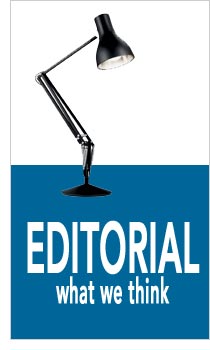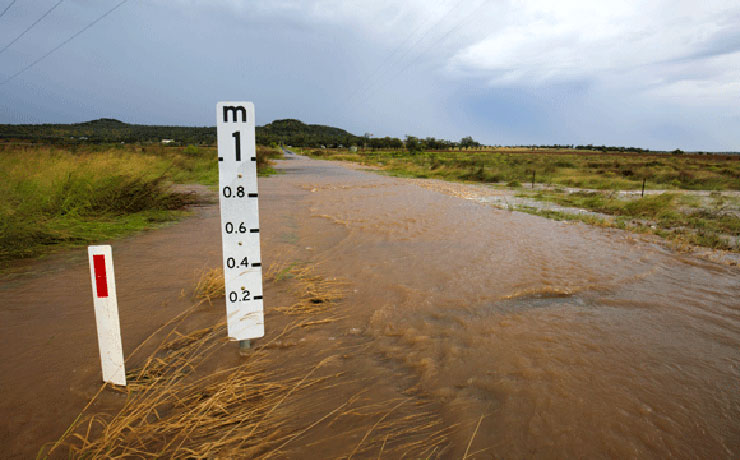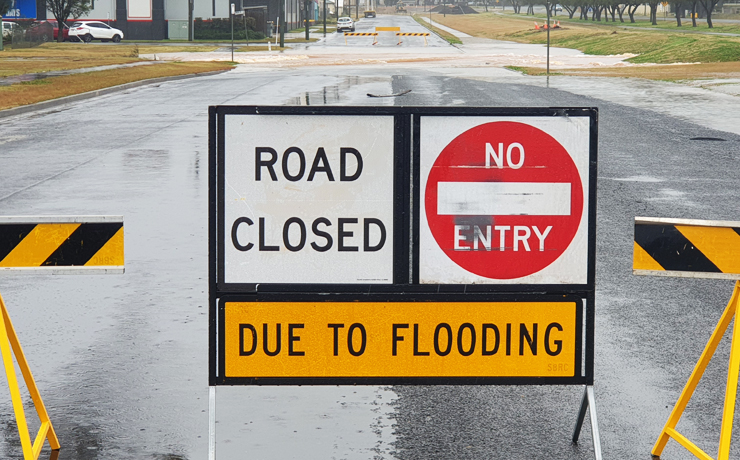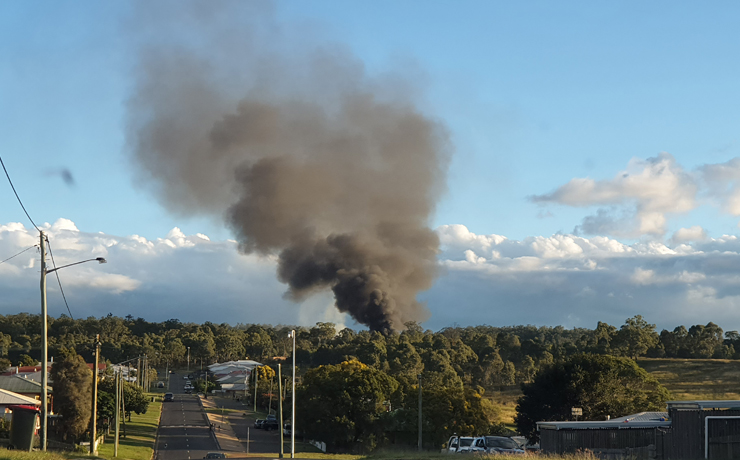by Dafyd Martindale
In the late 1980s I watched a video about the end of the world as we knew it.
It was shown to a final year class of students at QUT, and it was all about the new digital technologies that were coming out of the world’s tech labs at that time: digital TV, digital phones and, of course, the Internet.
The presenters talked about how much these new technologies were likely to change the world, and how much better they’d make it.
And in a way, they were correct.
Today – almost 30 years later – we now live in a highly connected world that’s light years removed from the 1980s.
We can look up news, the weather forecast and stock reports from anywhere we happen to be with a few clicks.
We can pay our bills, search for real estate or jobs, check our bank accounts and do a myriad other things just as easily.
While it’s still possible to live without any form of digital technology, life is becoming increasingly difficult for those who don’t.
The internet, mobile phones and digital TVs have completely revolutionised how we interact with one another, and with the world at large.
But at the end of what was otherwise a fascinating video about the great changes that were coming in the 1990s and 2000s, the presenters warned that the new Digital Age also had one big potential downside.
That downside was that the networks that would be built to usher it in would also create the infrastructure for a Big Brother society.
All it would take to create George Orwell’s nightmarish vision of the future, they warned, would be a swing to a far Left or far Right government.
If this happened, the Digital Age would give that government the tools to monitor every one of us every hour of the day.
Fortunately for all of us this situation hasn’t occurred. Not in the last 30 years, anyway.
It’s true that Australian governments of all political complexions certainly do use the Digital Age networks to monitor us to a limited extent these days.
Police, for example, can track an individual’s location to within metres if the person of interest happens to be carrying a mobile phone and they know its number.
Satellites constantly monitor what’s growing in our country and report marijuana plantations to ground-based authorities for destruction.
Closed-circuit TV cameras keep watch over CBD shopping areas, main roads and a myriad other places day and night to monitor traffic and deter crime.
And in Canberra, giant computers routinely crunch vast amounts of data gathered from different government agencies to detect welfare fraud and other crimes against the public purse.
And, hopefully, our spy agencies are discretely snooping for terrorists.
But so far our governments have not set up departments to peer at us in our lounge rooms as we watch our digital TVs; nor do they monitor all our phone calls or watch our online activities like hawks.
Instead, the ability to do these things lies in the hands of giant foreign corporations such as Google, Facebook, Netflix and a few dozen others.
What’s concerning about this is that unlike governments, we didn’t elect these corporations and we can’t vote them out if we don’t like what they’re doing.
We have no idea what sort of information they’re collecting about us or how they use it, beyond what these companies choose to reveal to the public.
And since they’re artificial trans-national beings which owe no loyalty to any particular country or belief system, we have no good reason to trust them.
The European Union has already begun to address the obvious threats the tech giants pose to everyday life and civil liberties by pushing through a number of law reforms over the last decade which have compelled these multi-national corporations to either toe the line or get out of Europe.
These laws govern things such as privacy, data access and – just recently – the right “to be forgotten”.
China, too – for markedly different reasons – has also told the multi-national tech giants they can either abide by China’s rules or get locked out of the Chinese market.
But our own Australian Federal Government hasn’t taken the same approach, and I think it’s time they did.
The chance of a Big Brother government ever coming into existence in Australia is worrying enough, true. But at the moment it’s just a fantasy.
However Big Brother tech giants are operating with relative impunity in our country right now.
And saying we’re too small or powerless to do anything about it just doesn’t wash.
Telling big corporations to shape up or ship out is something we’ve already done in many other areas that impact the lives of ordinary Australians.
For example, multi-national manufacturers of everything from cars to foods to pharmaceuticals have to adhere to Australian standards if they want to sell their goods here.
Multi-national financial institutions have to adhere to our banking laws, stock exchange rules, insurance standards and other similar legislation if they want to hawk their services on our shores.
So we can’t see any good reason why we should let the titans of the Digital Age have the free rein they currently enjoy.
Especially not when we find – as a recent Senate inquiry did – that apart from anything else they might be doing to us with their open-ended access to our data, they are also defrauding our country of billions of dollars in tax revenue each year.
- External link: Apple, Google, Microsoft cop tax audit

























